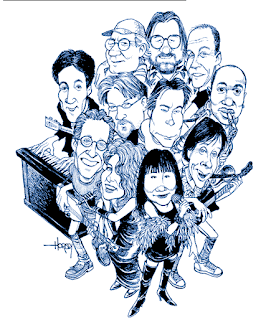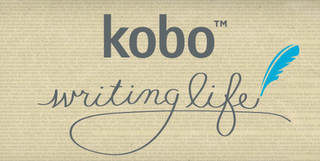I've been re-reading The Big Sleep by Raymond Chandler. I had forgotten how much I love his writing. For instance:
The path took us along to the side of the greenhouse and the butler opened a door for me and stood aside. It opened into a sort of vestibule that was about as warm as a slow oven. He came in after me, shut the outer door, opened an inner door and we went through that. Then it was really hot. The air was thick, wet, steamy and larded with the cloying smell of tropical orchids in bloom. The glass walls and roof were heavily misted and big drops of moisture splashed down on the plants. The light had an unreal greenish color, like light filtered through an aquarium tank. The plants filled the place, a forest of them, with nasty meaty leaves and stalks like the newly washed fingers of dead men. They smelled as overpowering as boiling alcohol under a blanket."The air was thick, wet, steamy and larded with the cloying smell of tropical orchids in bloom." Larded, that word is evocative. I'm there in the greenhouse, the obscene sweetness of the flowers coating my tongue, my throat, making me want to gag. The scene is cast with a pall of sickness, of decay. I suppose it's a symbol for the decay that has infested the Sternwoods and come to fruition in Carmen.
In any case, I get inspired by great writing and wanted to share. :)
Keep writing!











